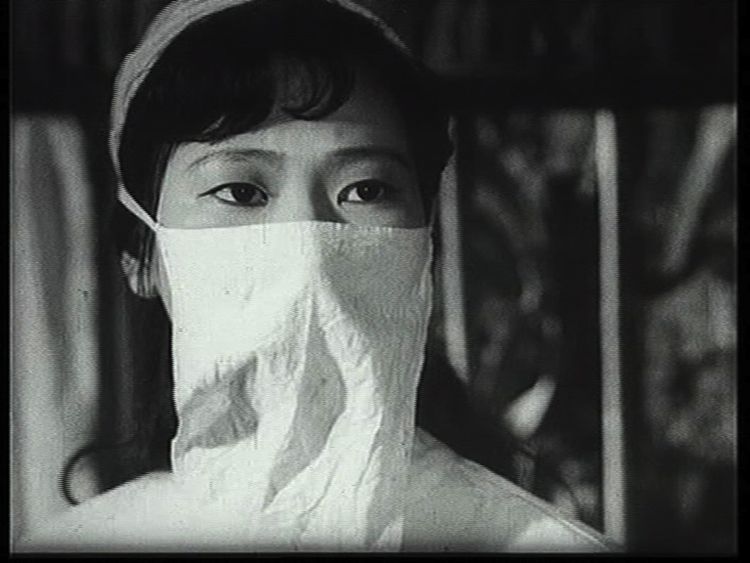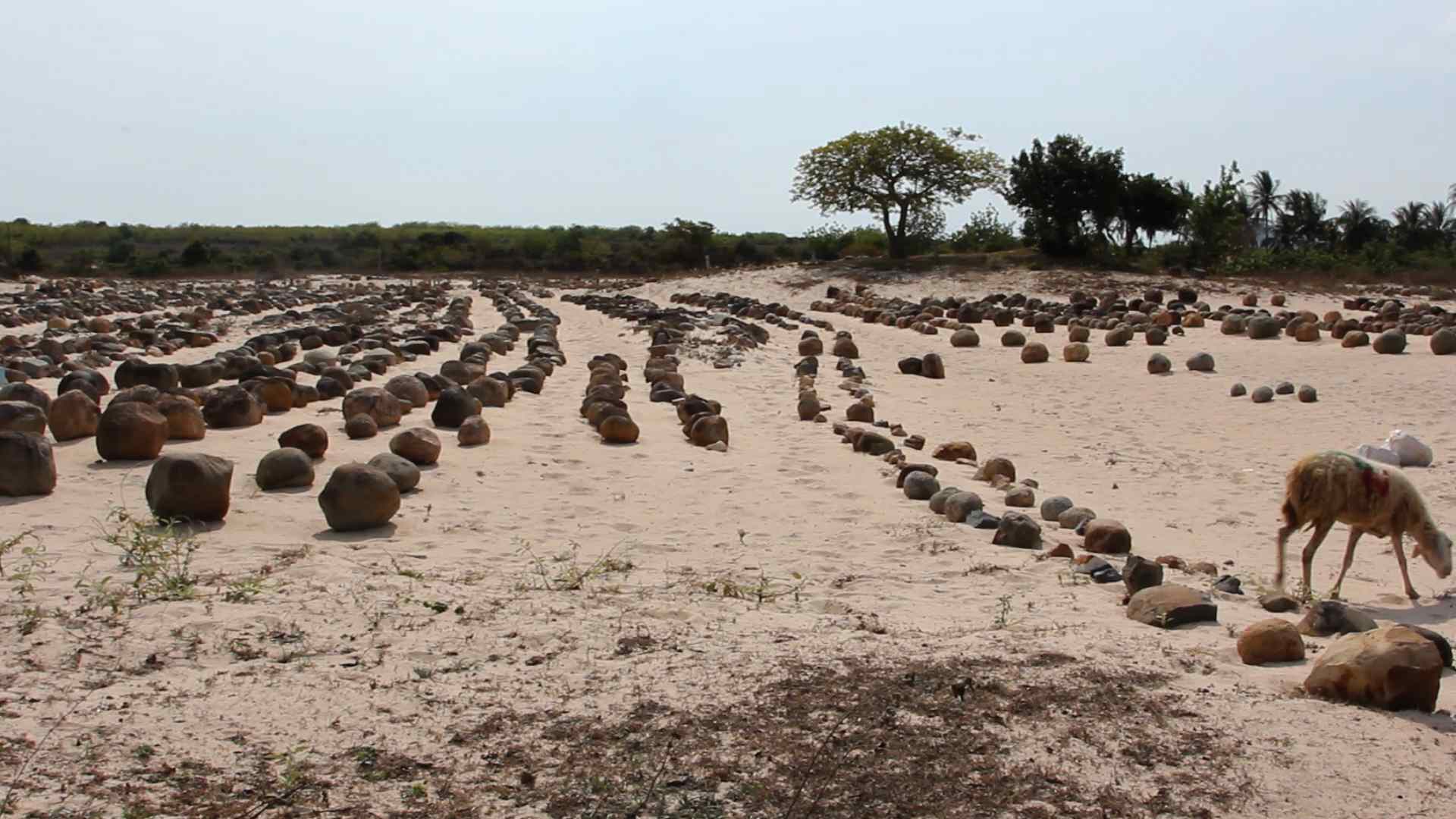, Visual Arts, 2015
Nguyen
Trinh Thi

The work of documentary filmmaker and video artist Nguyen Trinh Thi examines issues concerning society and history — especially the complex, traumatic history of her home country Vietnam and its after-effects in the present. In her longer documentary films, she employs calm and quiet visuals while eschewing voiceovers in order to let the people of her country speak directly to the camera.
In »Chronicle for a Tape Recorded Over« (2011), for example, Thi travels along the Hồ Chí Minh trail — the same logistics route used in the fight against the us army — and collects stories told by people living along the route. In light of the repressive single-party communist government, the viewer senses the ongoing difficulties with giving on-the-record interviews. Her best-known documentary »Love Man Love Woman« (2007), which is about the lives of gay men in Vietnam, also focuses on repression in society. The film portrays master Luu Ngoc Duc, a famous spirit medium in Hanoi, as well the »Dao Mau« religion, a goddess cult widespread in Vietnam, whose communities offer a haven to many gay Vietnamese.
Thi’s shorter videos and installations look at these issues using more conceptual means. »Landscape Series #1« (2013), a five-minute slide-show installation, brings together images of people pointing at things — be it themselves, their own heads, other people, objects in a landscape, machines or a shack’s interior.
A technically sophisticated series is three video installations titled »Unsubtitled« (2010), »Que faire« (2012) and »Solo for a Choir« (2013). The works explore the role and situation of artists and other creative professionals in Vietnamese society and how they contend with censorship and limited artistic freedom. To create the project, Thi filmed a number of Vietnamese artists and projected larger-than-life video images onto wooden cut-out screens placed throughout the gallery space. The installation creates a kind of contained society of artists, who together form a community within the space. The images endow its inhabitants with their own individuality, while at the same time implying the existence of a real collective.
Text: Dominikus Müller
Translation: Amy Pradell
Camera/editing: Uli Aumüller, Sebastian Rausch


